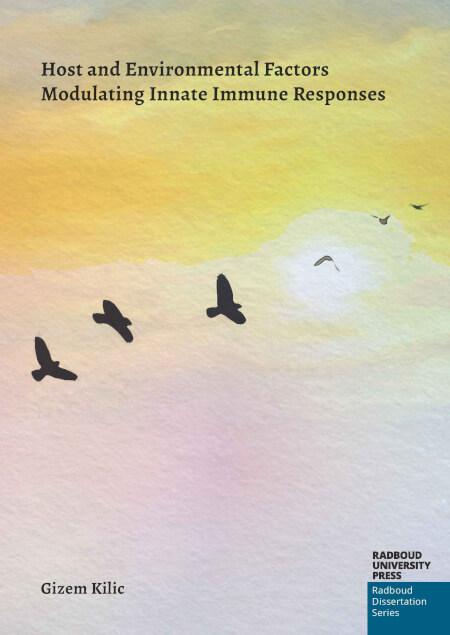Host and Environmental Factors Modulating Innate Immune Responses
Keywords:
Immunology, Vaccines, InfectionsSynopsis
The immune system is a complex network influenced by various internal and external factors, which also affect trained immunity—the ability of the innate immune system to develop a memory response. For example, BCG vaccination, known for its protection against tuberculosis, is a well-studied inducer of trained immunity. This thesis investigates how host-related and environmental variables affect immune responses, focusing on innate immunity. The research revealed that the gene RORA, seasonal changes, and alendronate, which is commonly prescribed for osteoporosis, significantly impact the trained immunity response after BCG vaccination. Specifically, BCG vaccination in the spring, the use of alendronate on the day of BCG administration, and certain variants of the RORA gene weaken this trained immunity. Additionally, another study in the thesis found that a similar immune signature seen in severe COVID-19 patients is already present in healthy elderly individuals and males, making these groups more susceptible to severe infection. Moreover, mild to moderate COVID-19 infection does not impact immune system functionality after recovery. The findings of this thesis highlight the importance of timing vaccinations and improving vaccine formulations by considering both internal and external factors.

Published
Series
Categories
License

This work is licensed under a Creative Commons Attribution-NonCommercial-NoDerivatives 4.0 International License.

